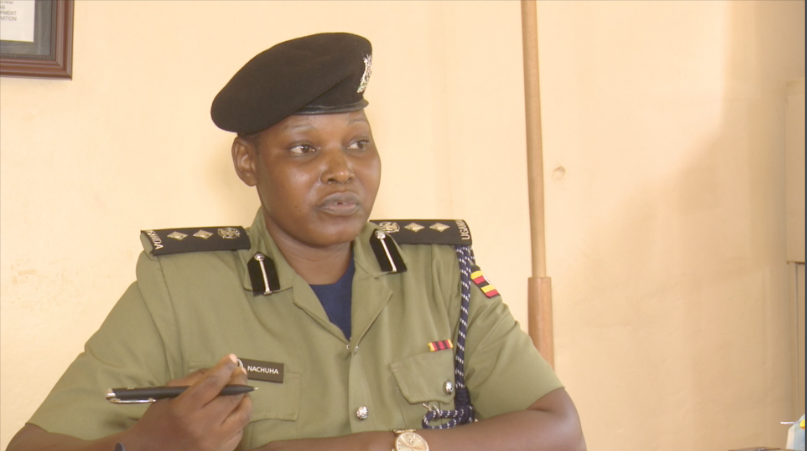EU supports 10-month protection programme in Tanzania refugee camps

Nyarugusu refugee camp. Photo | Church World Service
What you need to know:
The funding, which will be channelled through the consortium made up of Plan International Tanzania, Save the Children International and International Rescue Committee, targets 91,252 people who are most vulnerable. They include refugees, children and survivors of gender-based violence (GBV).
Dar es Salaam. The Humanitarian Aid department of the European Commission (Echo) is committed to providing gender and age-sensitive life-saving protection to children, youth and women who are either at risk or have been subjected to neglect, violence, exploitation and abuse.
The funding, which will be channelled through the consortium made up of Plan International Tanzania, Save the Children International and International Rescue Committee, targets 91,252 people who are most vulnerable. They include refugees, children and survivors of gender-based violence (GBV).
According to a statement obtained by The Citizen on Friday and signed by the Plan International Emergency Response manager for Kibondo District, Samantha Deb, the protective education component is also complementary with existing education interventions.
The move is aimed at ensuring Burundian refugees in Nduta, Mtendeli and Nyarugusu refugee camps access life-saving protection and education services.
This project will provide them with life-saving protection and education services, including mental health and psycho-social services.
The partners have a cumulative of 84 years presence in Tanzania and have worked together to respond to the Burundian refugee crisis since 2015/16.For the past three years, Plan International, Save the Children, and IRC have been in a consortium implementing the Echo protection programme, focusing on children and other persons of concern.
“The Burundian refugees living in Tanzanian refugee camps, particularly children and other persons of concern are facing protection risks, due to limited access to quality education, protection services and gaps in funding,” reads a report in part.
It stated that the 10-month Echo-funded project will enhance the protection of refugee boys and girls, including alternative care for children, education, and participation to build their psychosocial resilience whilst living in the camps, and when they return to Burundi.



